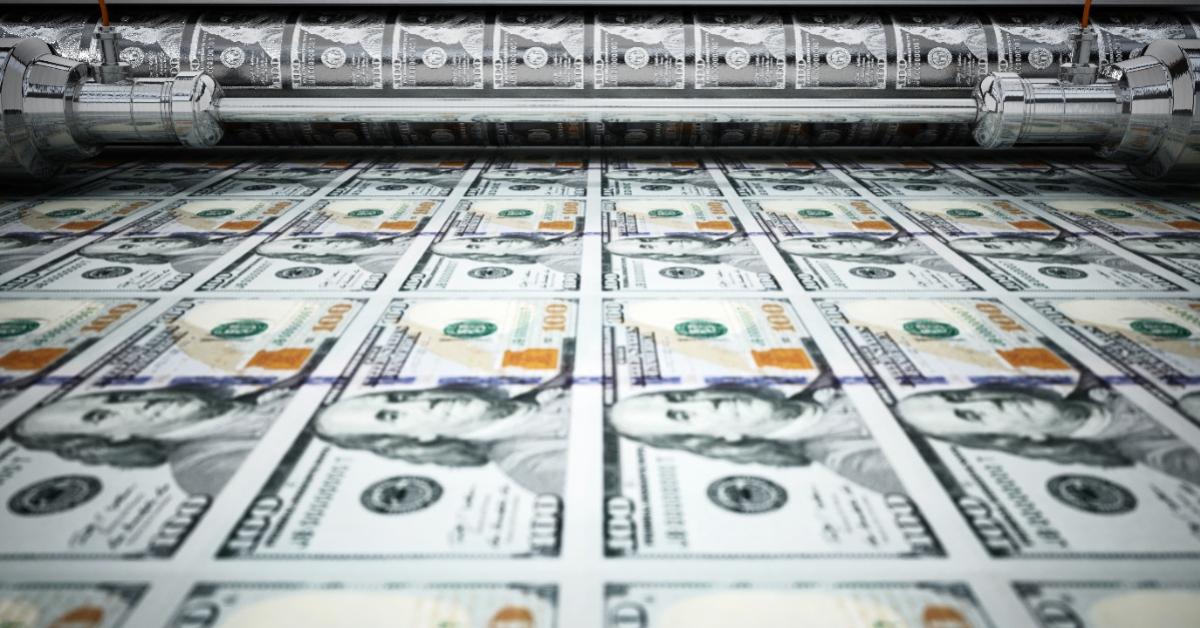In a market economy, money is the medium of exchange; producers exchange their goods for money and then exchange that money for other goods. As the production of goods increases, the demand for money expands. Conversely, as economic activity slows down, the demand for money follows suit.
Price changes also affect the demand for money. An increase in the prices of goods and assets increases the demand for money, since people now demand more money to purchase goods that are more expensive. Conversely, a fall in goods prices results in less demand for money.
According to Ludwig von Mises in his book Human Action:
The services money renders are conditioned by the height of its purchasing power. Nobody wants to have in his cash holding a definite number of pieces of money or a definite weight of money; he wants to keep a cash holding of a definite amount of purchasing power.
Changes in the Supply of Money and Liquidity
Assume the supply of money increases. Since there has been no change in the demand for money, this means that individuals now have a surplus of money. No one wishes to hold more money than is required, so someone can get rid of surplus money by exchanging it for other things. People as a group, however, cannot simply dispose of the surplus of money but can only shift money from one person to another.
The mechanism that generates the reduction of surplus money is an increase in the prices of goods and assets. Once individuals employ surplus money for purchasing things, prices increase, expanding the demand for money and also the monetary surplus.
While increases in the money supply, all other things being equal, result in a monetary surplus, a fall in the money supply leads to a monetary deficit. People still demand the same amount of money, and to accommodate this demand, they sell goods and assets for money, pushing prices lower. At lower prices, the demand for money declines and, in turn, helps to eliminate the monetary deficit.
Change in Liquidity Because of Changes in Economic Activity and Prices
A monetary surplus or a deficit can also emerge in response to changes in economic activity and changes in prices. For example, an increase in liquidity can emerge during a decline in economic activity. In turn, declining economic activity results in fewer goods being produced, which means that fewer goods are exchanged, implying a decline in the demand for money. Conversely, an increase in economic activity produces a monetary deficit.
Price increases trigger a greater demand for money, putting downward pressure on liquidity. To restore balance, people are likely to sell assets to accommodate the increase in the demand for money. Conversely, a decline in prices leads to a decline in the demand for money and an increase in liquidity.
Changes in real economic activity and changes in prices affect the demand for money. Hence, we can suggest that changes in liquidity are driven by changes in the supply of money minus changes in the demand for money.
Consequently, changes in liquidity are defined as
% change in liquidity = % change in money supply ˗ % change in real economic activity ˗ % change in prices.
We can thus establish that changes in monetary liquidity result from the interplay between the supply of and the demand for money.
























